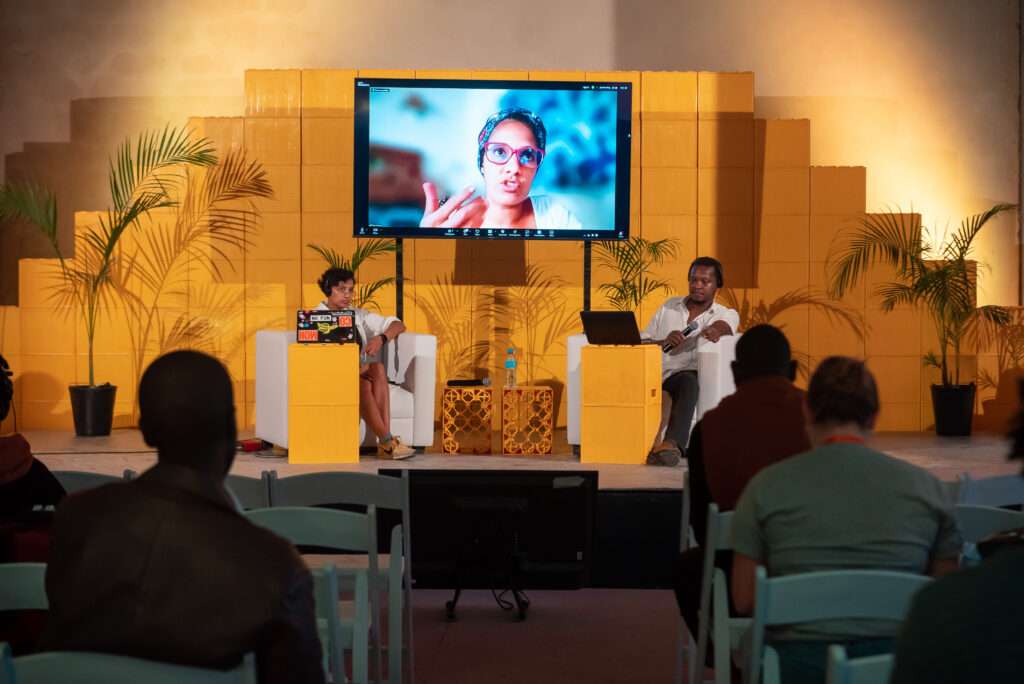Social reality produces sounds that must be listened to carefully and interpreted in order to understand the social, political and cultural dynamics of the world we live in. These are the conclusions of director Yara Costa, speaking at the MFF-Festival Conference, 2024, on the theme “Temporal Body: Memories and Dreams”.
Orality carries with it the values of art, science, ecology, healing and the system that exists within traditional society. It is in the work of sounds or images that come from habits and customs or social experiences that Yara Costa captures the temporal essence and dreams of people.
As a director, her work is also based on decisions and choices. “Portraying this reality, recording it, in audio, filming it, in images, becomes a position of great responsibility because there is a very clear choice of where to look or point that microphone,” she says, taking on the question.“What are we failing to tell, what are we failing to hear or look at?”
The dimension presented by Costa raises the question of the challenge of appropriating discourse. Marílio Wane, who was talking to the filmmaker, said that the prospect of presenting a discourse about ourselves is a challenge, in the sense of being aware that we speak, in a way, conditioned by internal and external factors.
For this reason, Yara Costa stresses the importance of “problematizing the structures that allow us to make these arts. What cinema? What art? For whom? Informed by whom? Financed by whom? Serving whom? And what stories are we telling? But above all, in what way are we telling these stories?” These and other aspects can be linked to a relationship of extractivism, as a reflection of the political and economic relations of this era.
To support her thesis, the filmmaker turned to history. In the post-independence period, cinema was seen in Mozambique as a fundamental tool in the nationalist project.
With this in mind, the speaker asked us to reflect on “what responsibility and how dedicated this position of being able to portray these images and sounds is” and not only “to what extent this body, time, country, African continent continues to follow the same molds and the same colonial, capital, racial, Eurocentric and patriarchal logic to the detriment of the majority of African peoples”.
Bhavisha Panchia, curator and writer of contemporary art, recalled the colonial marks and their impact on contemporary societies, which are manifested in the identities and linguistic expressions of post-colonial people.
Highlighting the scars left by colonization, Panchia said that “colonial faces are engraved on our bodies and our languages”. During the session, she also presented the concept of “slow violence”, which describes the gradual and often invisible influence of technologies that affect social structure over time.
By Eduardo Quive



